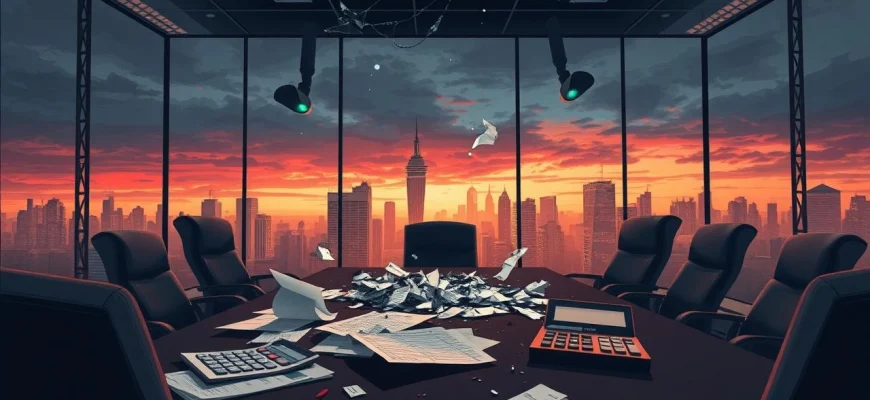If you were captivated by the shocking corporate scandal and gripping storytelling in 'Enron: The Smartest Guys in the Room,' you're in for a treat. This article explores 10 similar movies and shows that delve into corporate malfeasance, financial fraud, and the dark side of ambition. Whether you're a true-crime enthusiast, a business buff, or just love a well-told documentary, these picks will keep you on the edge of your seat.
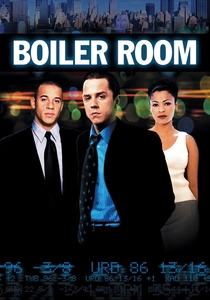
Boiler Room (2000)
Description: This early 2000s film shares with 'Enron' an exploration of unethical sales practices and financial fraud. Both depict how young, ambitious individuals get caught up in corrupt systems, though 'Boiler Room' focuses more on the street-level aspect of financial crime.
Fact: Ben Affleck's monologue about being a millionaire was ad-libbed. Many real brokers consulted on the film said its portrayal was scarily accurate. Vin Diesel's character was based on several real pump-and-dump schemers.
 Watch Now
Watch Now 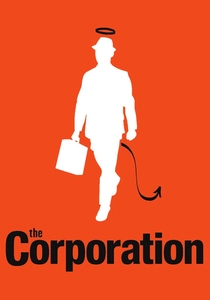
The Corporation (2003)
Description: This documentary shares with 'Enron' an in-depth analysis of corporate psychopathology and unethical business practices. Both films question the fundamental nature of modern corporations and their impact on society.
Fact: Uses diagnostic criteria from the DSM to analyze corporate behavior. Features interviews with Noam Chomsky and Milton Friedman. The film's examination of corporate personhood became even more relevant after the Citizens United decision.
 Watch Now
Watch Now 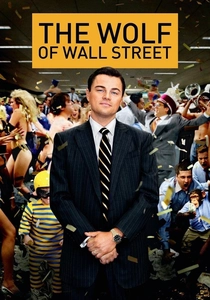
The Wolf of Wall Street (2013)
Description: While more comedic in tone, 'The Wolf of Wall Street' shares with 'Enron' a focus on corporate excess, fraud, and the culture of greed in finance. Both films show how charismatic leaders can manipulate systems and people for personal gain.
Fact: The real Jordan Belfort makes a cameo in the film's final scene. Leonardo DiCaprio improvised the 'cerebral palsy' sales pitch scene. It holds the record for most F-words in a non-documentary film (569).
 Watch Now
Watch Now 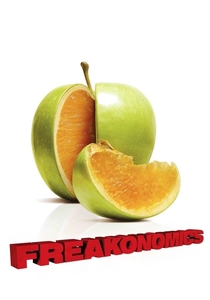
Freakonomics (2010)
Description: While not about a specific financial scandal, this documentary shares 'Enron's' analytical approach to examining systemic issues in economics and human behavior. Both use data and storytelling to reveal uncomfortable truths about systems we trust.
Fact: Features segments directed by different directors including Morgan Spurlock. The book's authors make frequent appearances explaining concepts. The film explores surprising correlations like names and future success.
 Watch Now
Watch Now 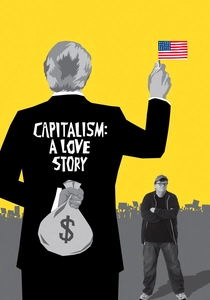
Capitalism: A Love Story (2009)
Description: Michael Moore's documentary shares with 'Enron' a critical examination of corporate America and financial corruption. Both films argue that the system is rigged in favor of the wealthy and powerful, at the expense of ordinary citizens.
Fact: Moore attempted a citizen's arrest of AIG executives. The film includes footage of FDR's never-implemented 'Second Bill of Rights'. It examines the concept of 'dead peasant' insurance policies taken out by companies on employees.
 Watch Now
Watch Now 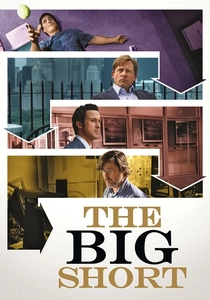
The Big Short (2015)
Description: Similar to 'Enron: The Smartest Guys in the Room', 'The Big Short' delves into the complexities of financial corruption and greed, focusing on the 2008 financial crisis. Both films expose the unethical practices and systemic failures within the financial industry, using a mix of documentary-style storytelling and dramatization to engage the audience.
Fact: The film features cameos by celebrities like Selena Gomez and Anthony Bourdain to explain complex financial concepts. Director Adam McKay initially hesitated to take on the project due to his background in comedy. The real-life Michael Burry, portrayed by Christian Bale, is known for his eccentric behavior, including playing drums in his office.
 Watch Now
Watch Now 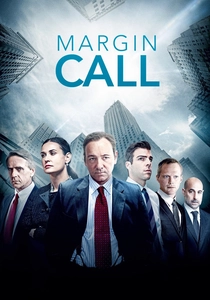
Margin Call (2011)
Description: 'Margin Call' shares with 'Enron' a focus on the moral and ethical dilemmas within the financial sector, particularly during times of crisis. Both films highlight the human element behind corporate malfeasance, showing how individuals rationalize unethical decisions under pressure.
Fact: The film was shot in just 17 days. Writer-director J.C. Chandor's father worked at Merrill Lynch for 40 years, providing insider knowledge. The script was written in just four days during the 2008 financial crisis.
 Watch Now
Watch Now 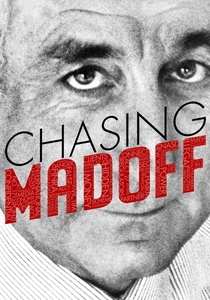
Chasing Madoff (2010)
Description: As a documentary about one of history's biggest financial frauds, 'Chasing Madoff' directly parallels 'Enron' in its examination of how a massive Ponzi scheme went undetected for years. Both films highlight whistleblowers who tried in vain to expose the truth.
Fact: Features extensive interviews with Harry Markopolos, the analyst who spent years trying to expose Madoff. The film reveals how regulators repeatedly ignored warnings. Madoff's fraud was nearly three times larger than Enron's collapse.
 Watch Now
Watch Now 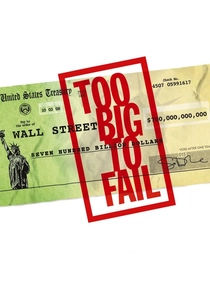
Too Big to Fail (2011)
Description: Like 'Enron', this HBO film examines a financial crisis (the 2008 collapse) from the perspective of both the perpetrators and those trying to mitigate the damage. Both films reveal the arrogance and short-sightedness that lead to catastrophic failures in the financial system.
Fact: William Hurt prepared for his role as Henry Paulson by reading the actual phone transcripts from the crisis. The film's title comes from a phrase coined about banks so large their failure would destabilize the economy. Director Curtis Hanson was known for very different films like 'L.A. Confidential' before taking on this project.
 Watch Now
Watch Now 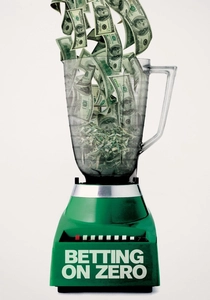
Betting on Zero (2016)
Description: This documentary about Herbalife's alleged pyramid scheme shares with 'Enron' a focus on corporate deception and the victims of financial fraud. Both films examine how companies can manipulate financial systems and regulations for profit.
Fact: Features activist investor Bill Ackman who shorted Herbalife stock. The film crew gained unprecedented access to Herbalife's annual meetings. It explores the racial dimensions of multi-level marketing schemes.
 Watch Now
Watch Now 
